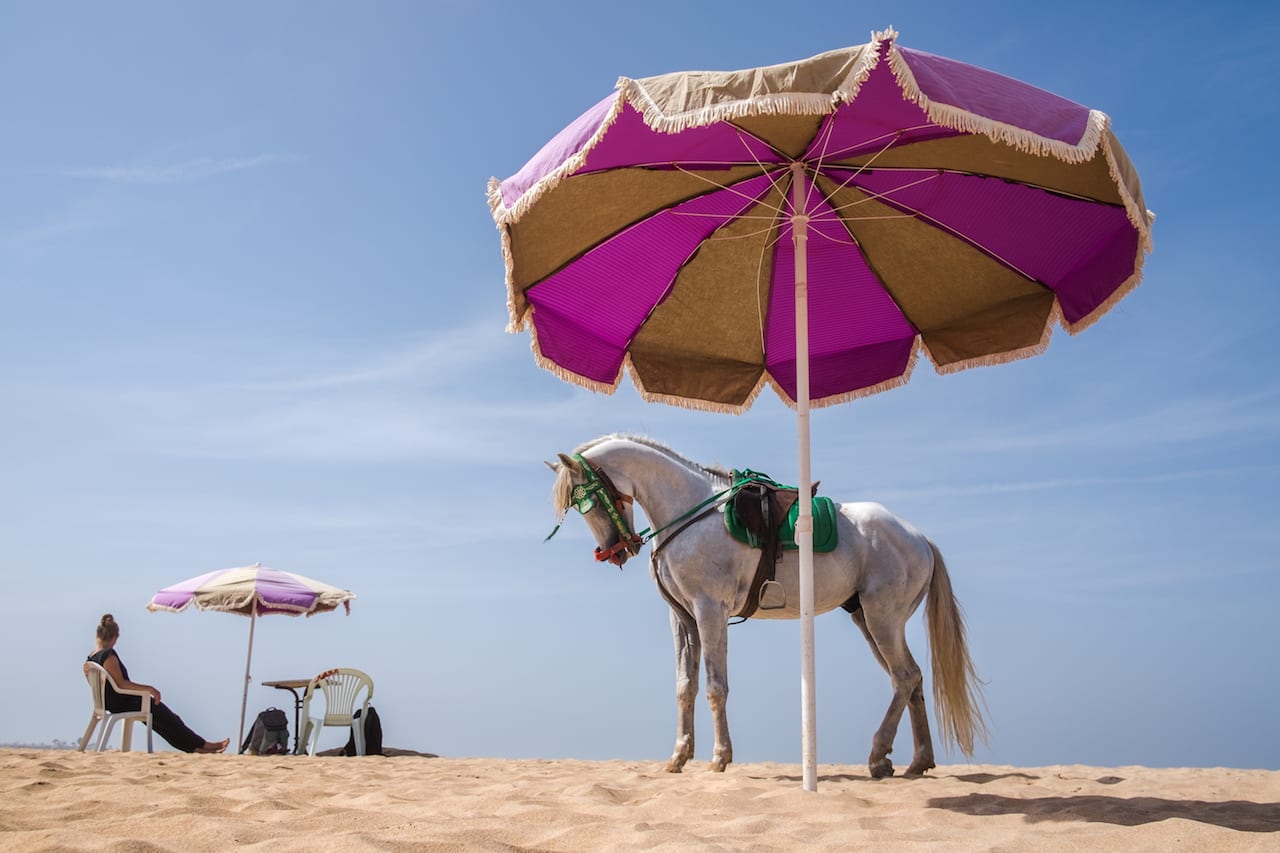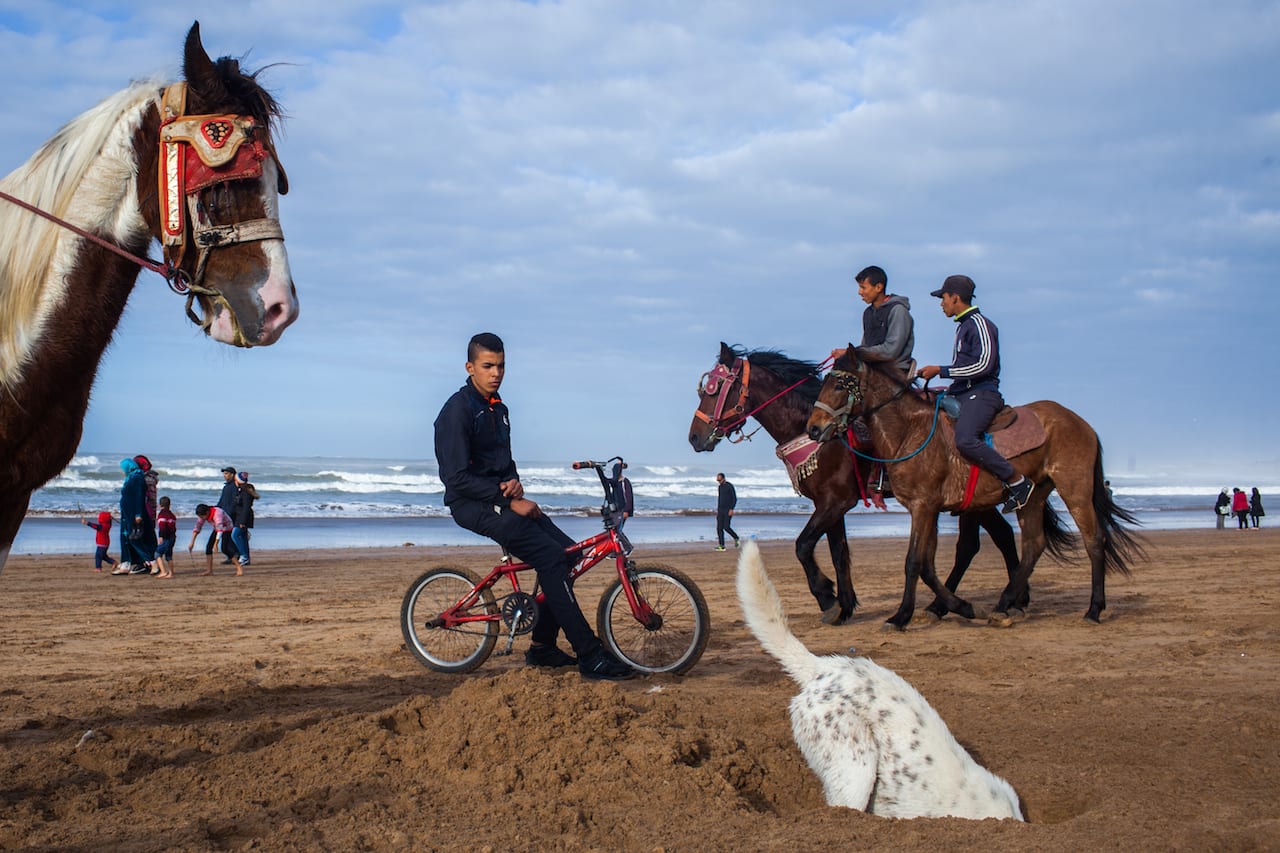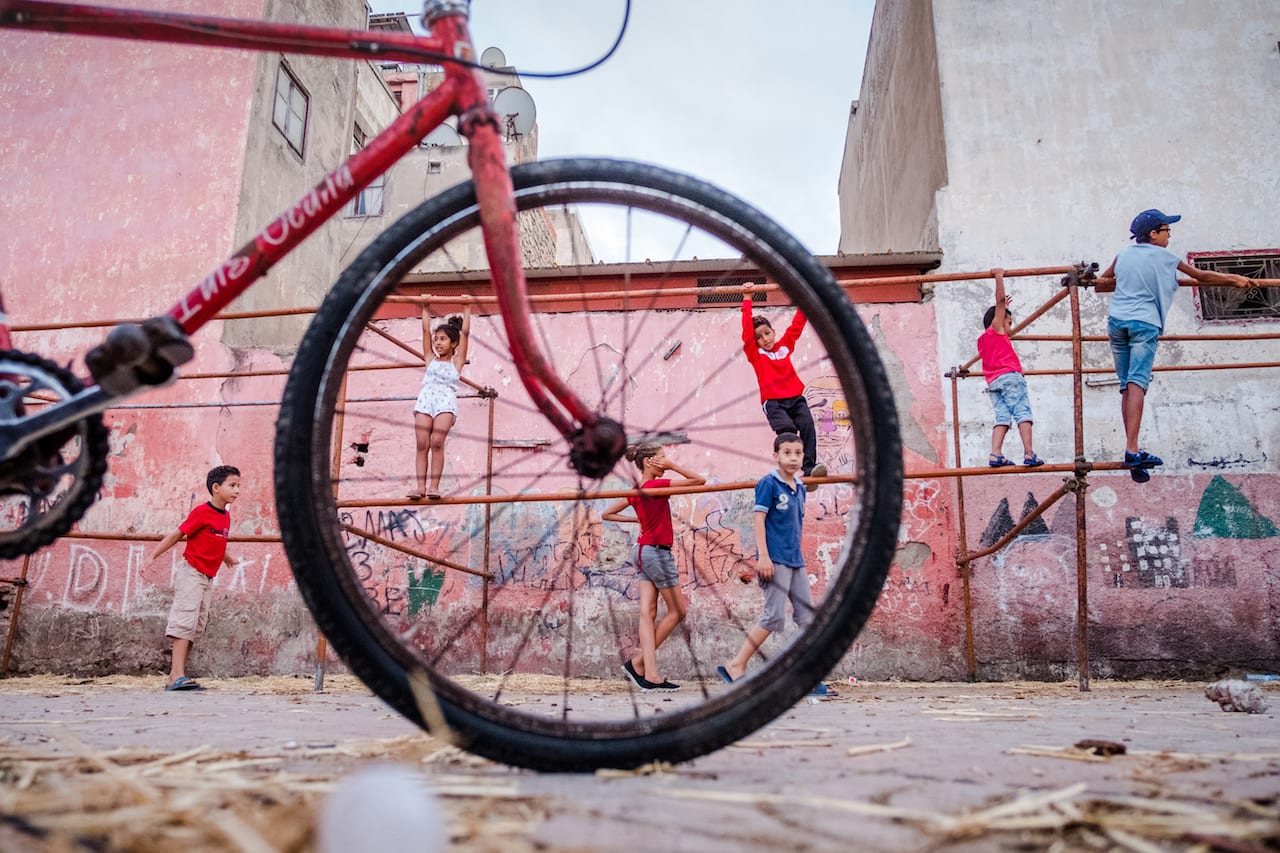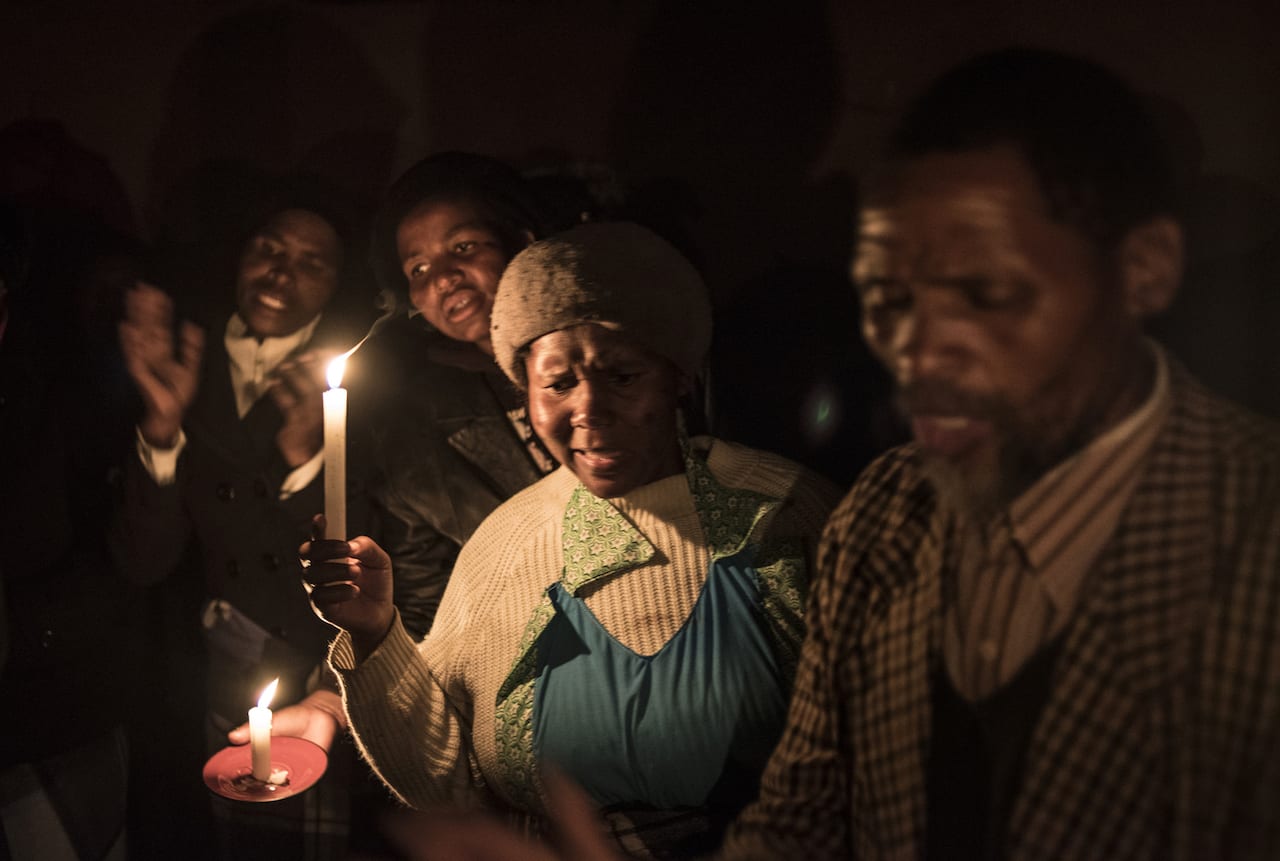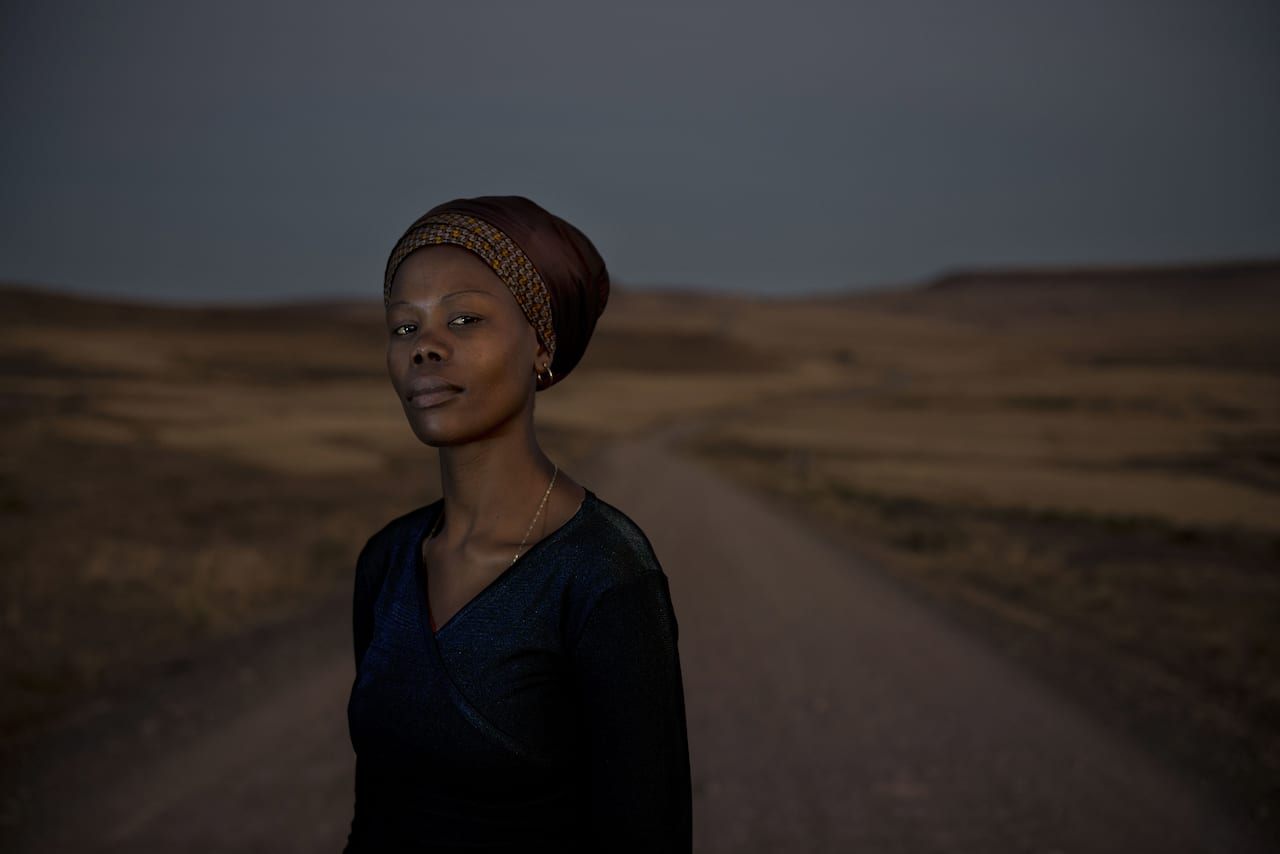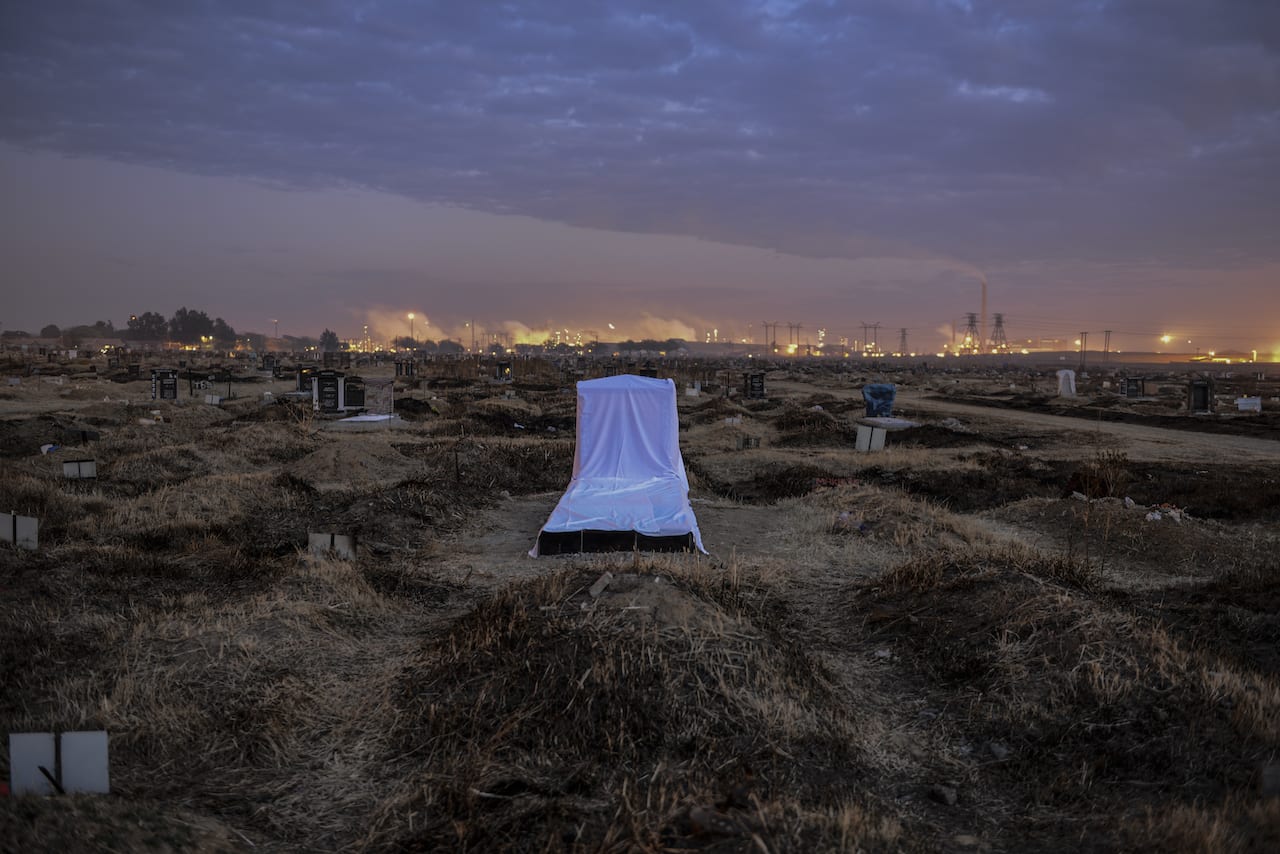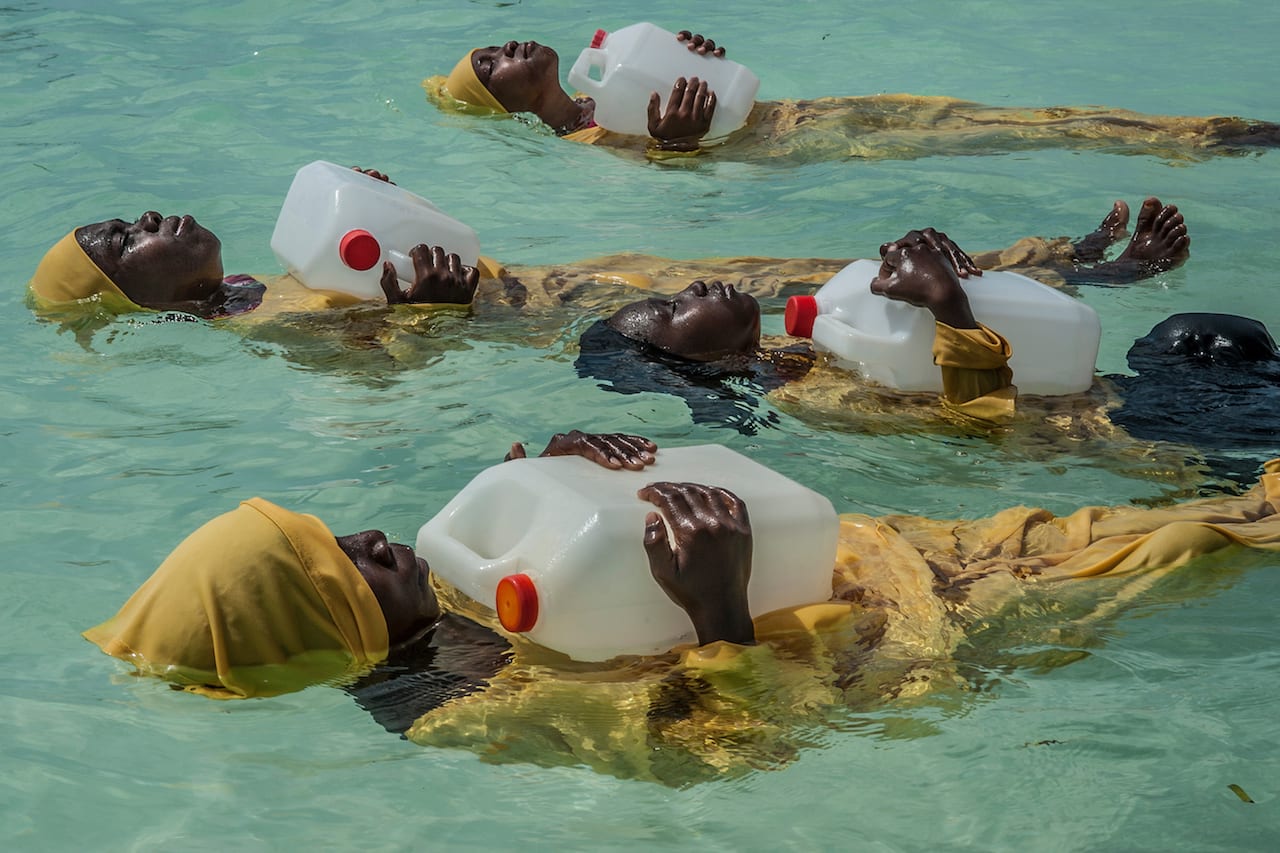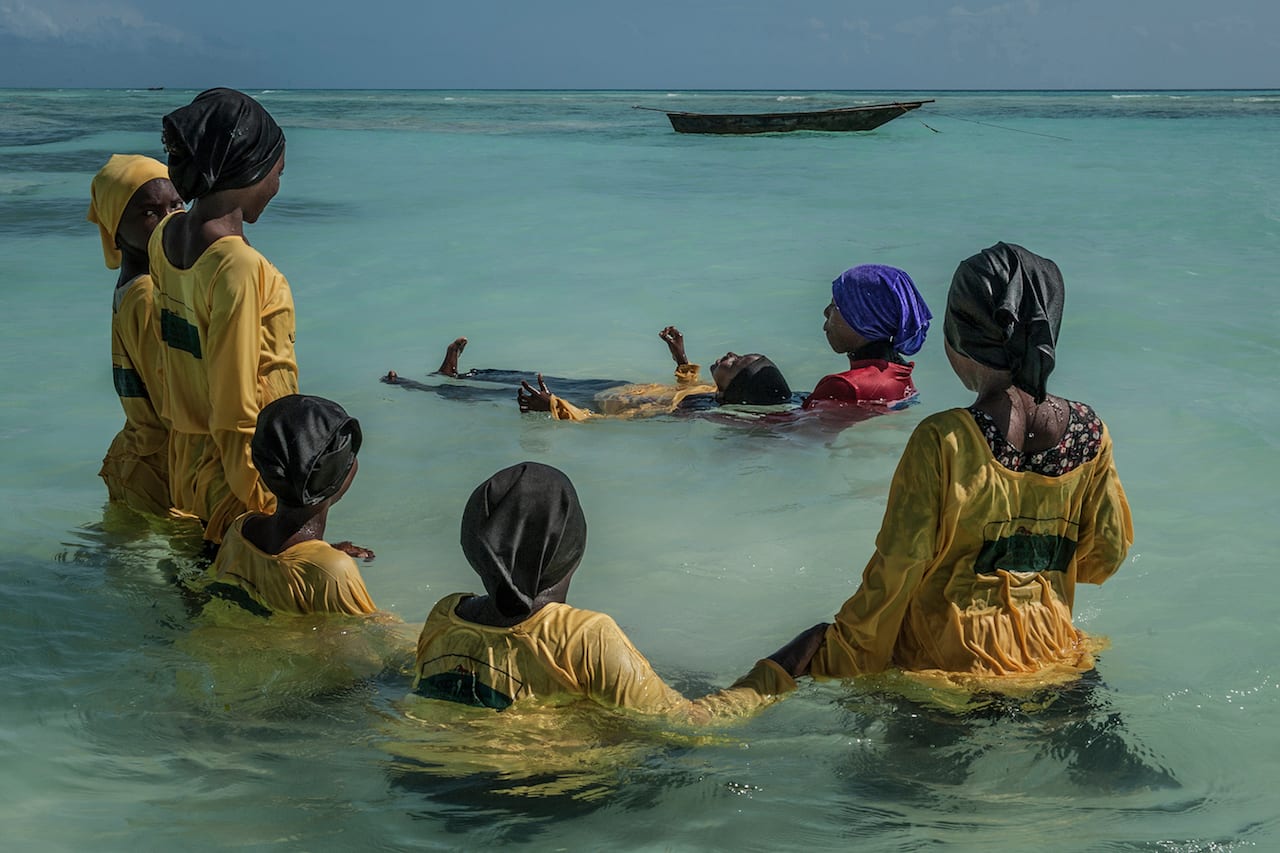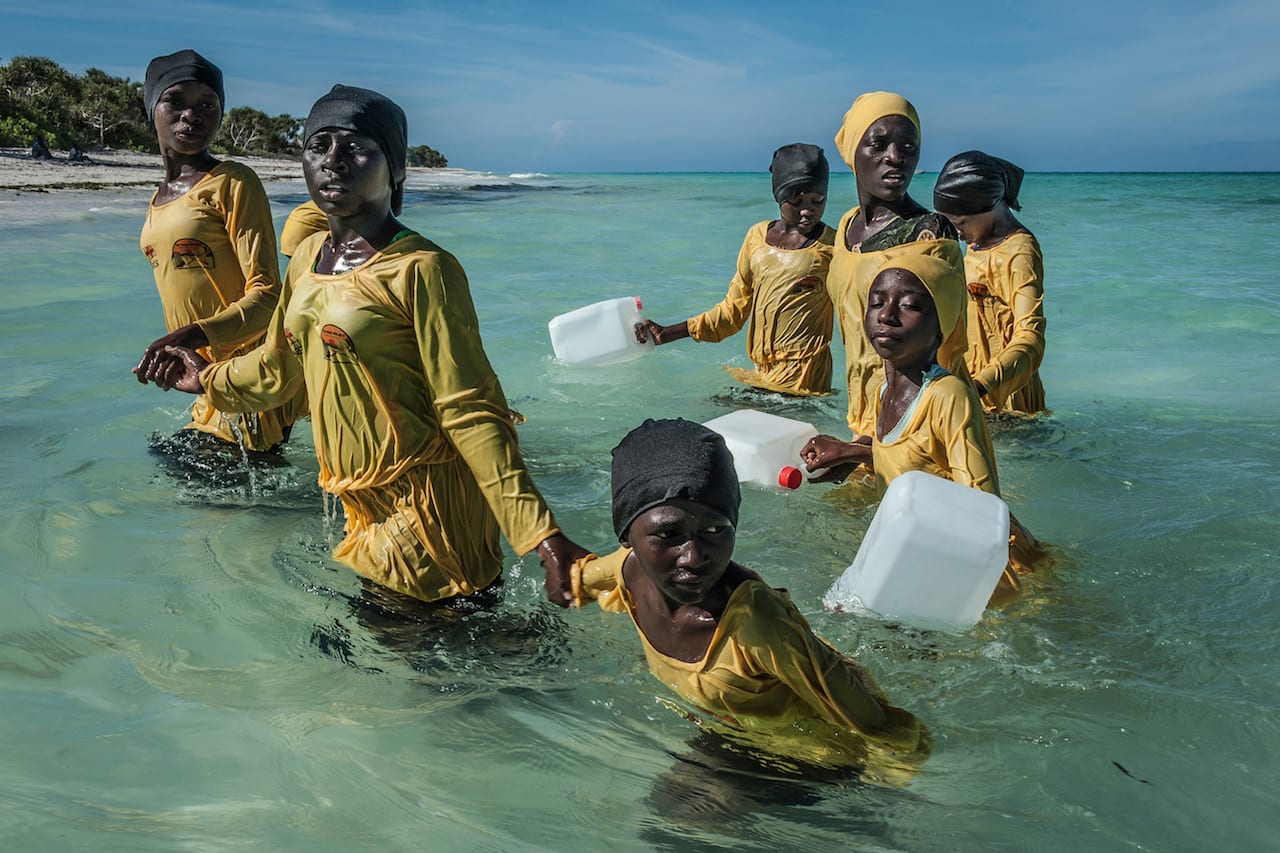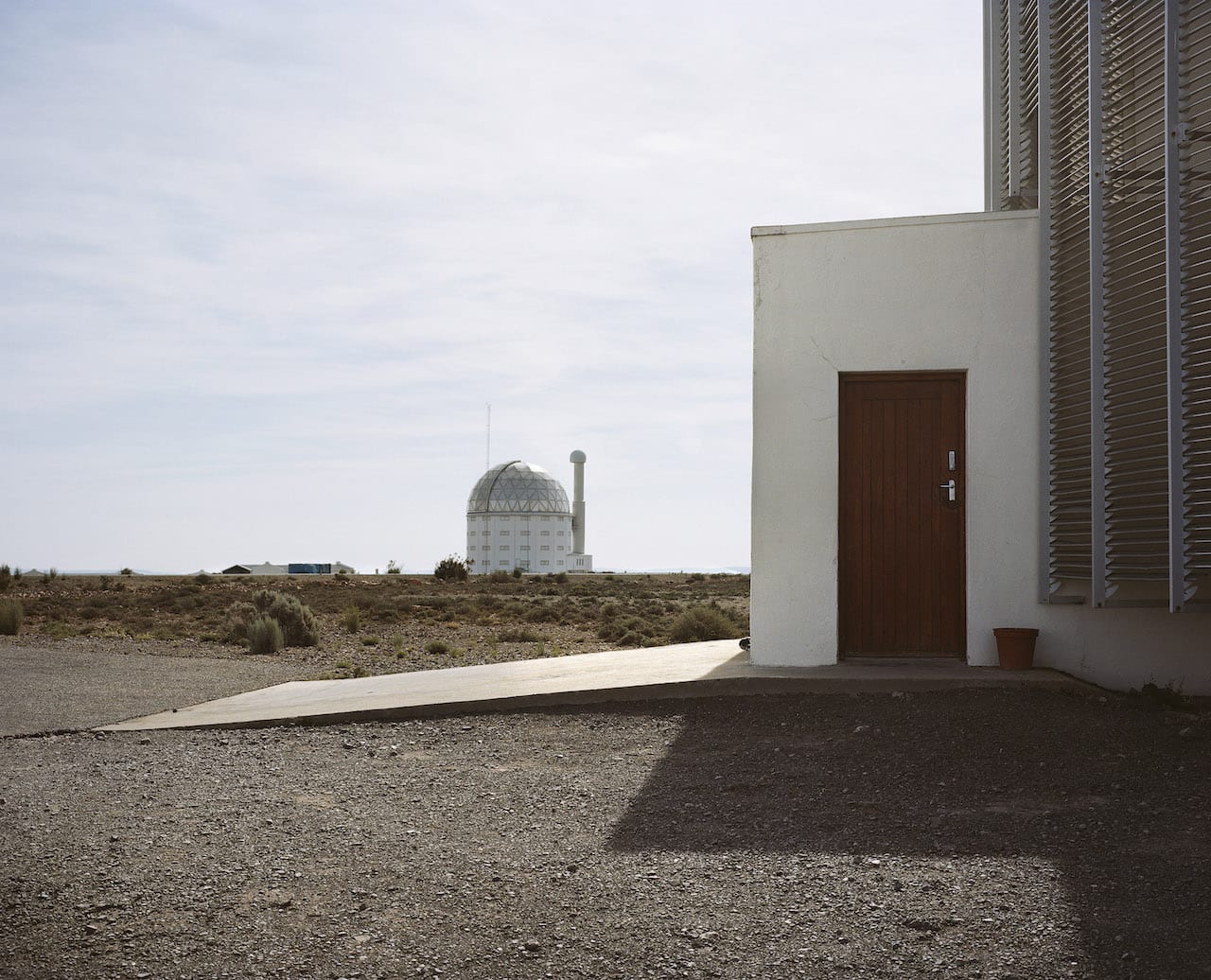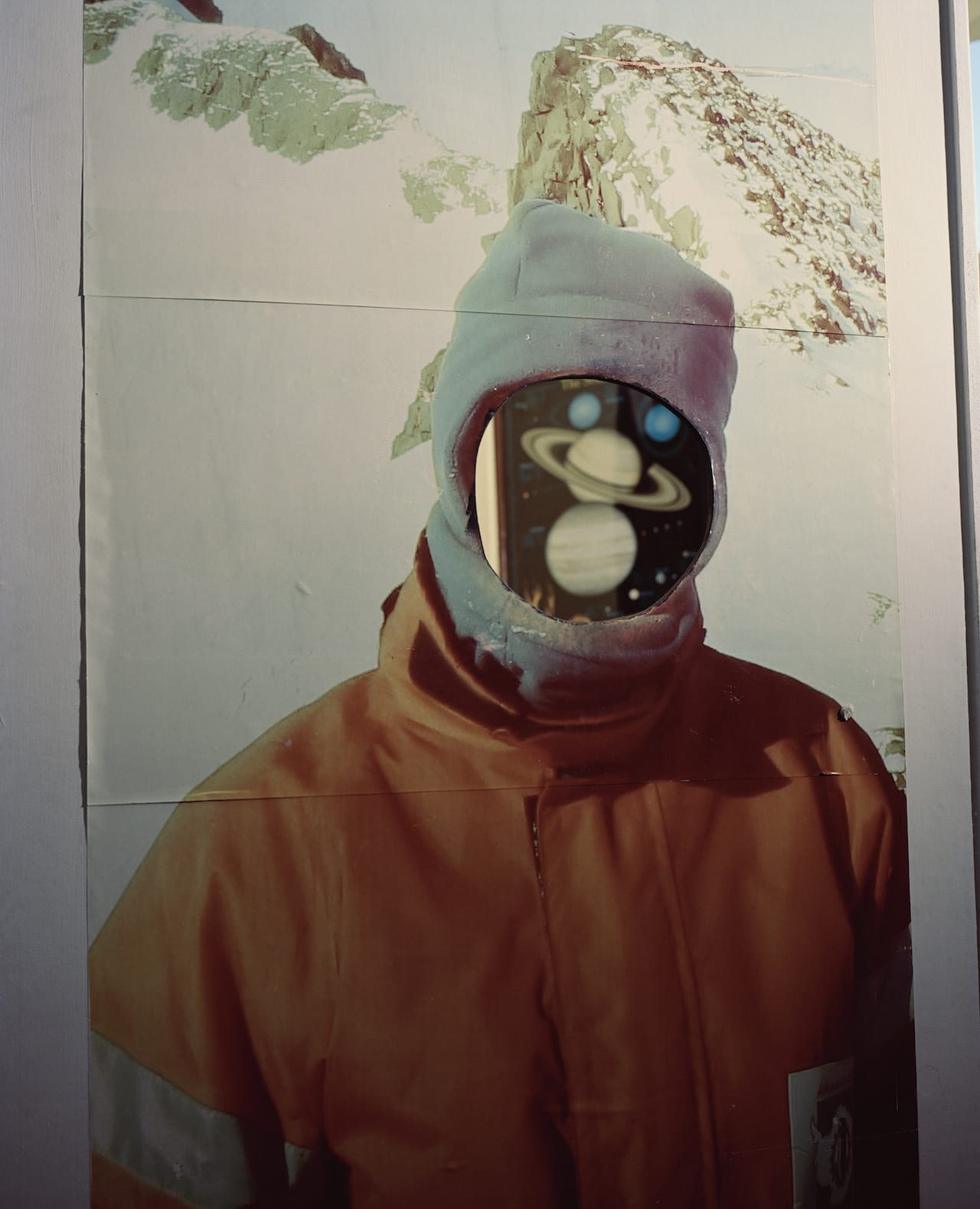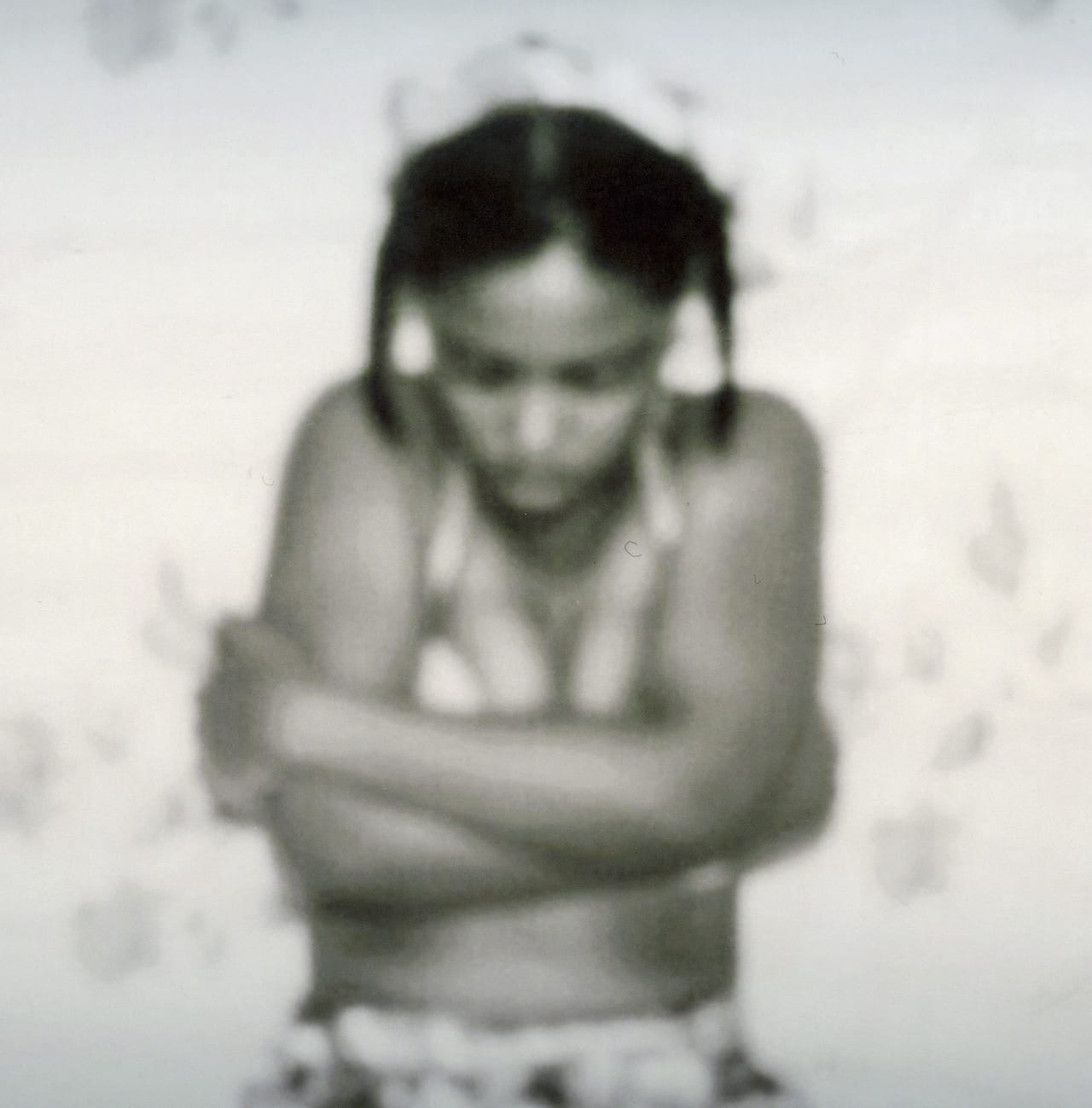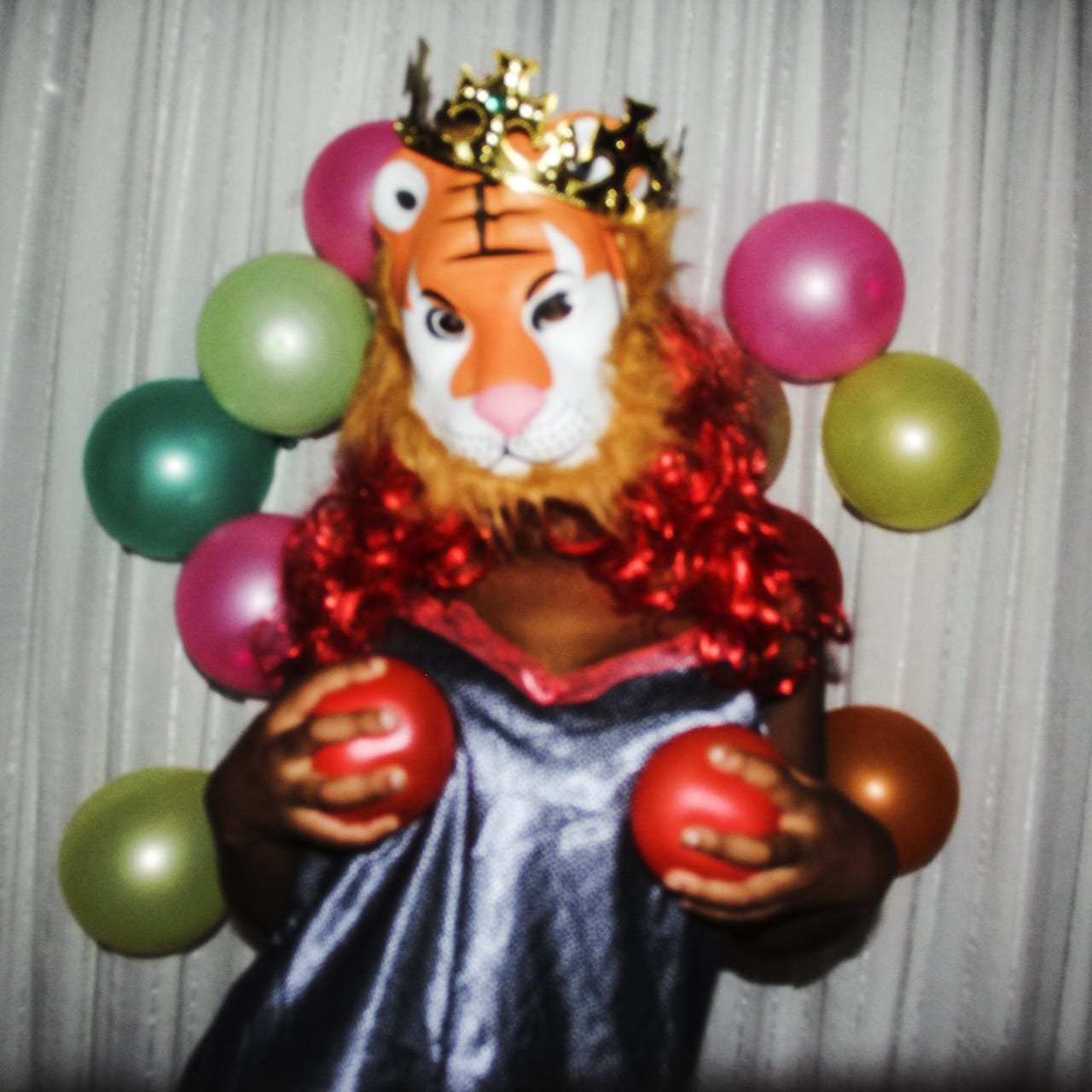Yassine Alaoui Ismaili (Morocco), Paul Botes (South Africa), Anna Boyiazis (USA), Tommaso Fiscaletti & Nic Grobler (South Africa), and Phumzile Khanyile (South Africa) are the five winners of the seventh CAP Prize. Open to photographers of any age or background, the CAP Prize is awarded to work that engages with the African continent or its diaspora.
Born in 1984 in Khouribga, Morocco, Yassine Alaoui Ismaili – aka Yoriyas – lives in Casablanca and has been awarded his prize for the series Casablanca Not the Movie (2014–2018). “It is both a love letter to the city I call home and an effort to nuance the visual record for those whose exposure to Morocco’s famous city is limited to guide book snapshots, film depictions or Orientalist fantasies,” he says.
“The title of the project references the classic 1942 movie Casablanca, which was not filmed in the city, but rather in a Hollywood studio. Casablanca is a city of diverse cultures, shaped by numerous currents that may seem in opposition to one another.
“I want to convey the real street life and situations of Casablanca and highlights the moments where these cultures meet, which we wouldn’t notice if not in a photograph from the perspective of a Moroccan, who was born, grew up and still lives there.”
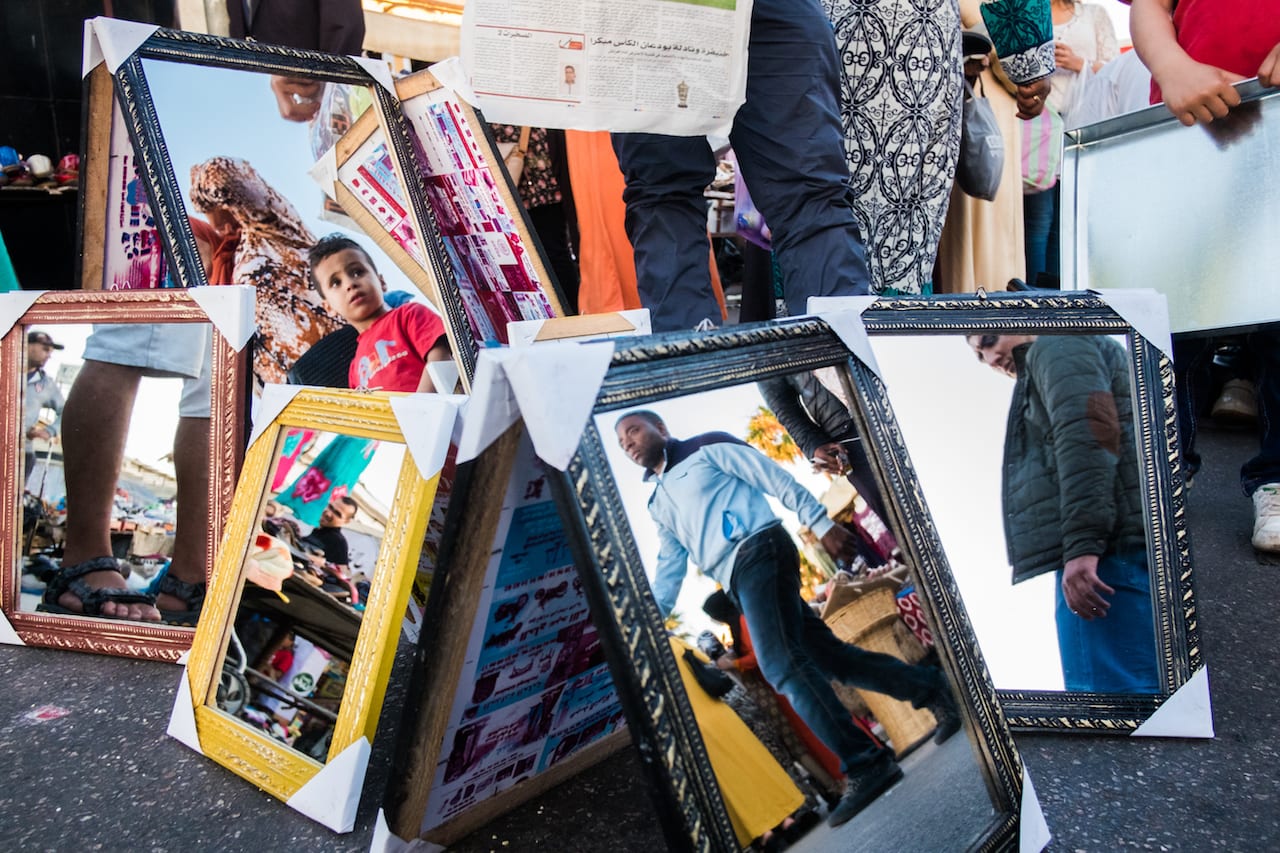
Paul Botes was born in Johannesburg in 1972, and still lives in the city today. His series Marikana – The Aftermath (2013 – on-going) considers the fallout from the Marikana massacre of 16 August 2012, in which 34 striking miners were killed by the South African police. It was, says Botes, “the most lethal use of force by South African police since the 1960 Sharpeville massacre, and served as a brutal reawakening for post-apartheid SA”.
“This project was conceived after attending the funeral of Molefi Ntsoele, a mine worker killed in Marikana, in the remote village of Diputaneng in Lesotho,” he continues. “Understanding the massacre’s effects on the dead men’s families and communities became urgent because they were ignored in mainstream narratives.
“The families come from marginalised and impoverished rural areas. They were criminalised by the state and denied counselling or financial support. Over the past five years I pursued my work through a process of ‘slow journalism’ and ‘returning’ to the families, with interviews sometimes doubling as therapy sessions. The project reveals the financial and emotional vacuums created by the deaths and the effects on families and communities.”
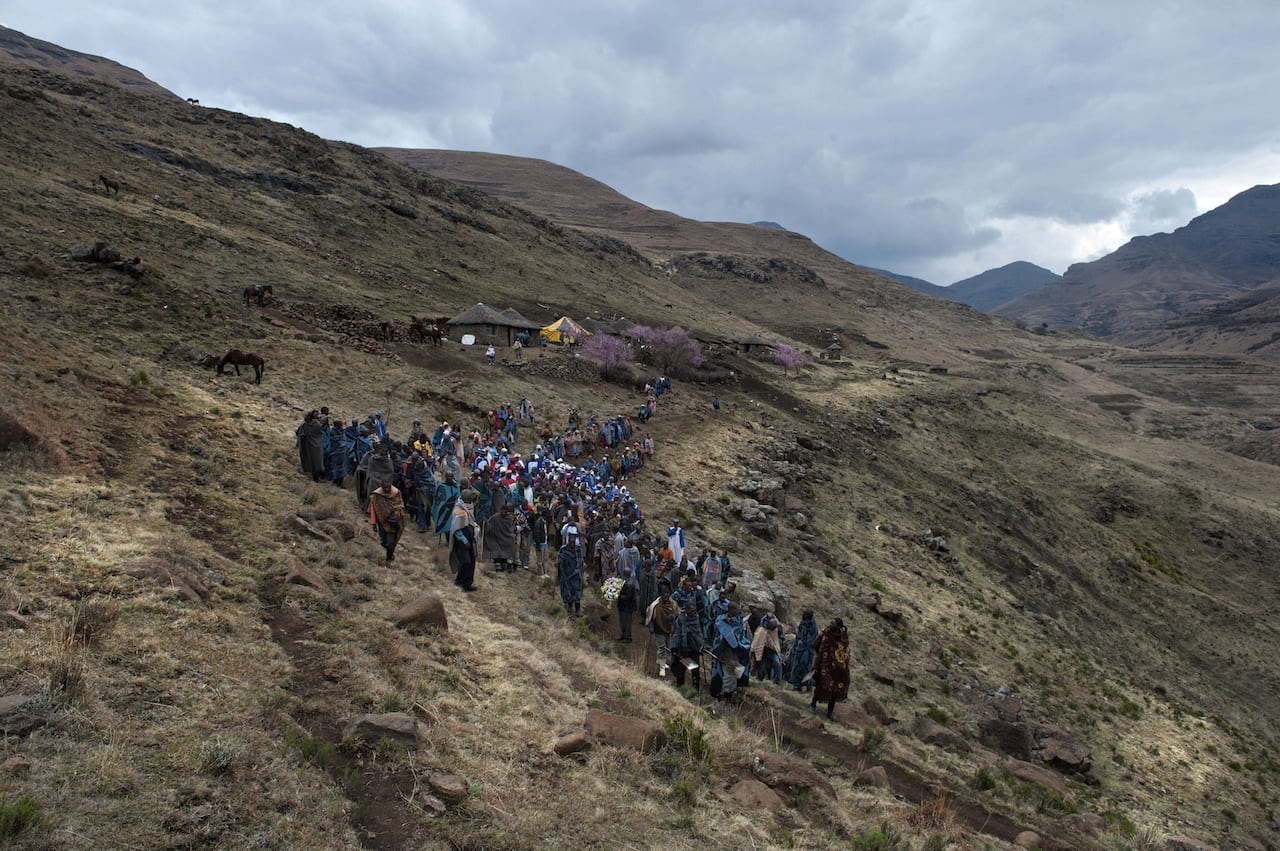
Born in 1967 in Los Angeles, Anna Boyiazis still lives in LA but won her award for the project Finding Freedom in the Water (2016), which was shot around the Zanzibar archipelago. The series is a look at the Panje Project, which aims to teach local women and girls empowering and potentially life-saving swimming skills.
“Daily life in the Zanzibar Archipelago centers around the sea, yet the majority of girls who inhabit the islands never acquire even the most fundamental swimming skills,” says Boyiazis. “Conservative Islamic culture and the absence of modest swimwear have compelled community leaders to discourage girls from swimming. Until now.
“For the past few years, the Panje Project has made it possible for local women and girls to get into the water, not only teaching them swimming skills but also aquatic safety and drowning prevention techniques. The group has empowered its students to teach others, creating a sustainable cycle. Students are also provided full-length swimsuits, so that they can enter the water without compromising their cultural and religious beliefs.”
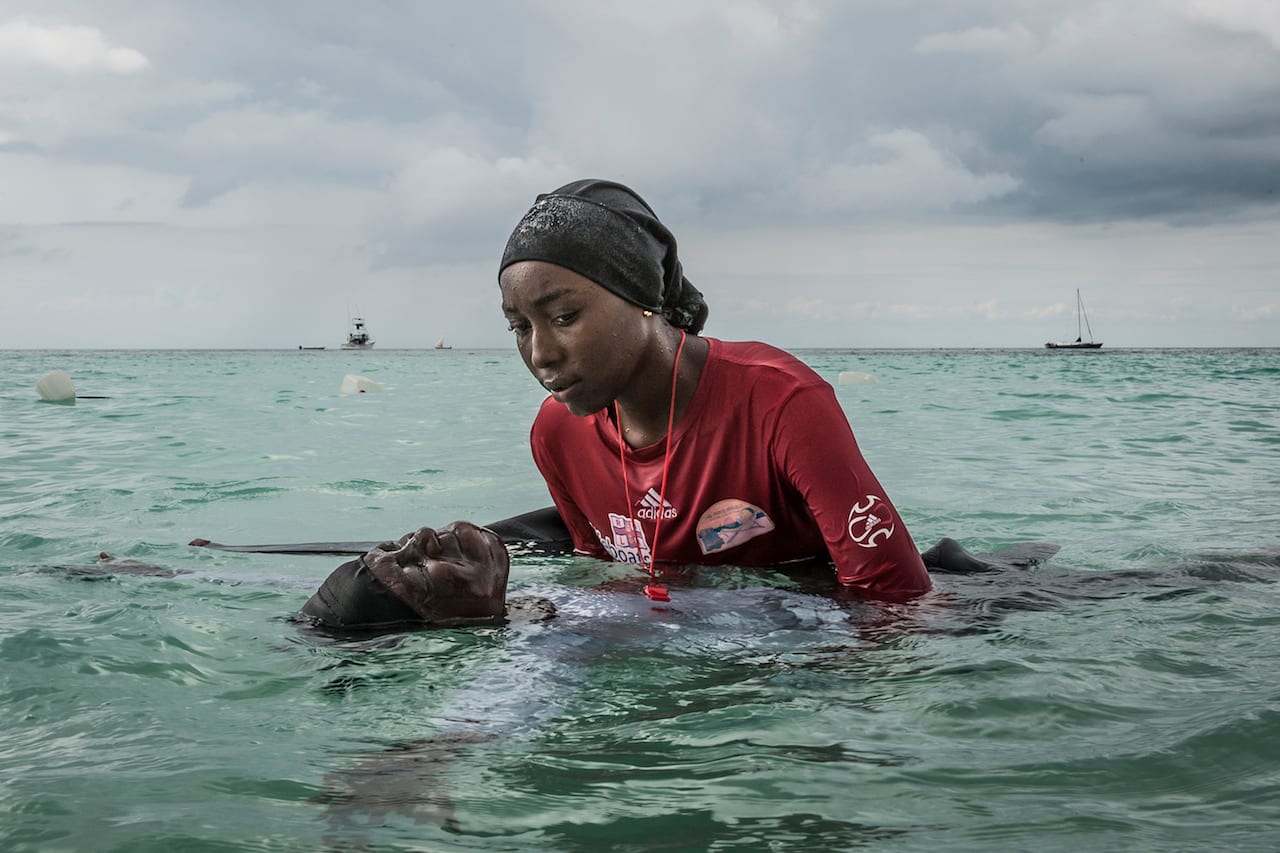
Tommaso Fiscaletti was born in Cattolica, Italy in 1981, but he is now based in Cape Town, South Africa, where he works with fellow photographer Nic Grobler – born in 1979 in Pretoria but now based in Cape Town. Their project Hemelliggaam or The Attempt to be Here Now (2016–2018), is inspired by South African science fiction writing, in particular the work of Jan Rabie – author of Swart Ster oor die Karoo [Black Star over the Karoo], 1957; Die Groen Planeet [The Green Planet], 1961; and Die Hemelblbm [Heaven Flower], 1971.
“The project explores the interplay between scientific astronomical activity and everyday awareness of space through a contemporary lens,” write the duo. “Something archaic radiates from the local community in connection with its science and technology needs; this project explores this concept by looking at forms of awareness that are already active, and cultivating more awareness through conversations, participation and reflection.
“Hemelliggaam or The Attempt To Be Here Now follows a deeply existential line, in which human beings, through their own perception of the Universe, are strongly connected with nature and the way it reveals itself.”
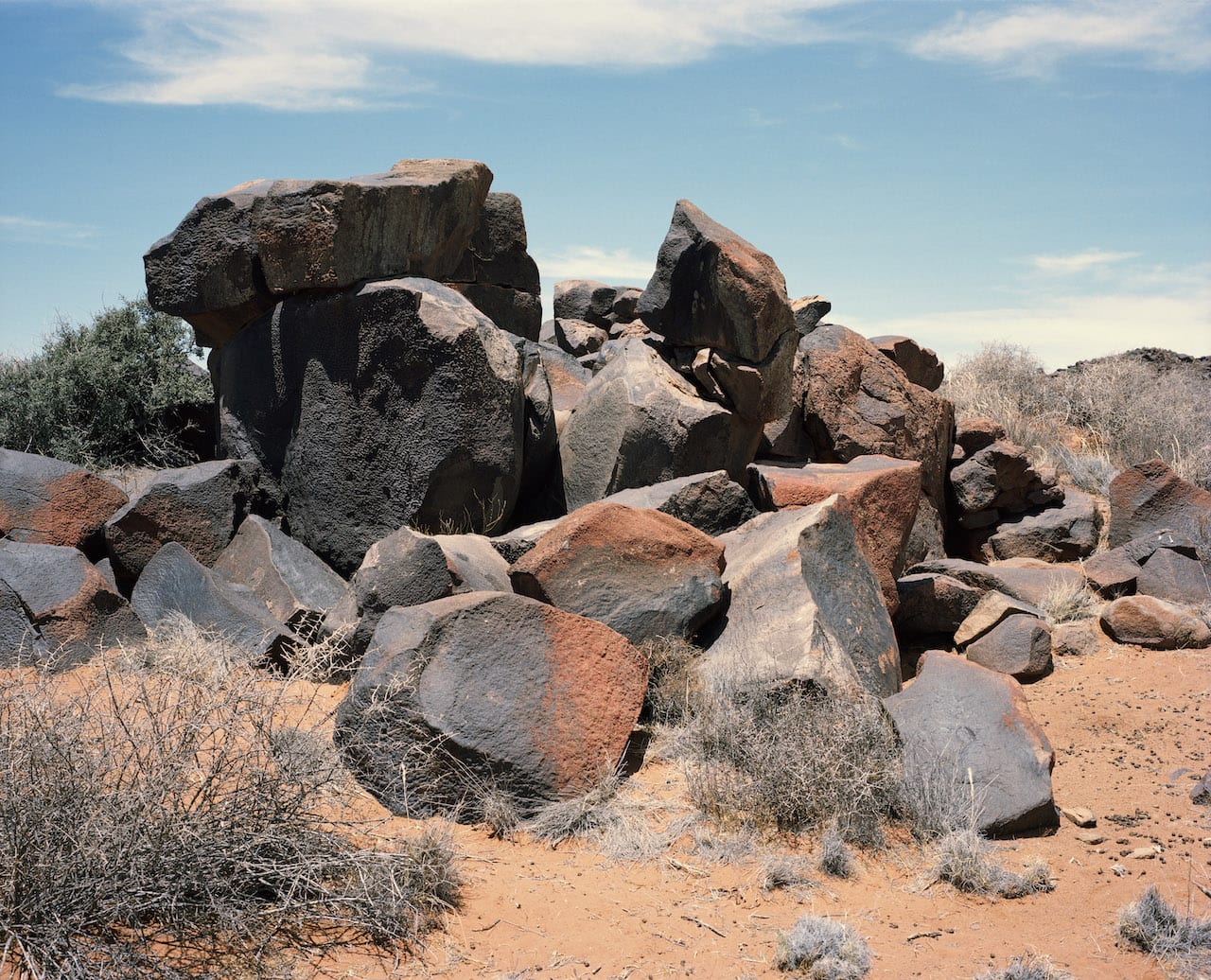
The youngest of the winners, Phumzile Khanyile was born in 1991 in Soweto and is now based in Midrand, South Africa. Khanyile was brought up by her grandmother and her project, Plastic Crowns (2016), explores the strict gender roles with which she was raised.
“Plastic Crowns stems from the idea of taking a perceived ‘prestigious’ ornament such as a royal or beauty pageant crown and turning it into an object that anyone can purchase and thus enthrone themselves,” she states. “It is the constant reconception and reinvention of the self.
“I explore beyond the tragic boundaries of what my grandmother would consider a ‘good woman’, probing stereotypical ideas of gender, sexual preference and related stigmas and their relevance in contemporary society. I am interested in how having multiple partners (balloons) can be an expression of choice as opposed to it being an indicator of low morality, based on societal conventions.
“My grandmother never understood photography so I would photograph in secret whenever she was at church or asleep,” she adds. “This work is me wrestling. What if we allowed girls to sit with their legs open too?”
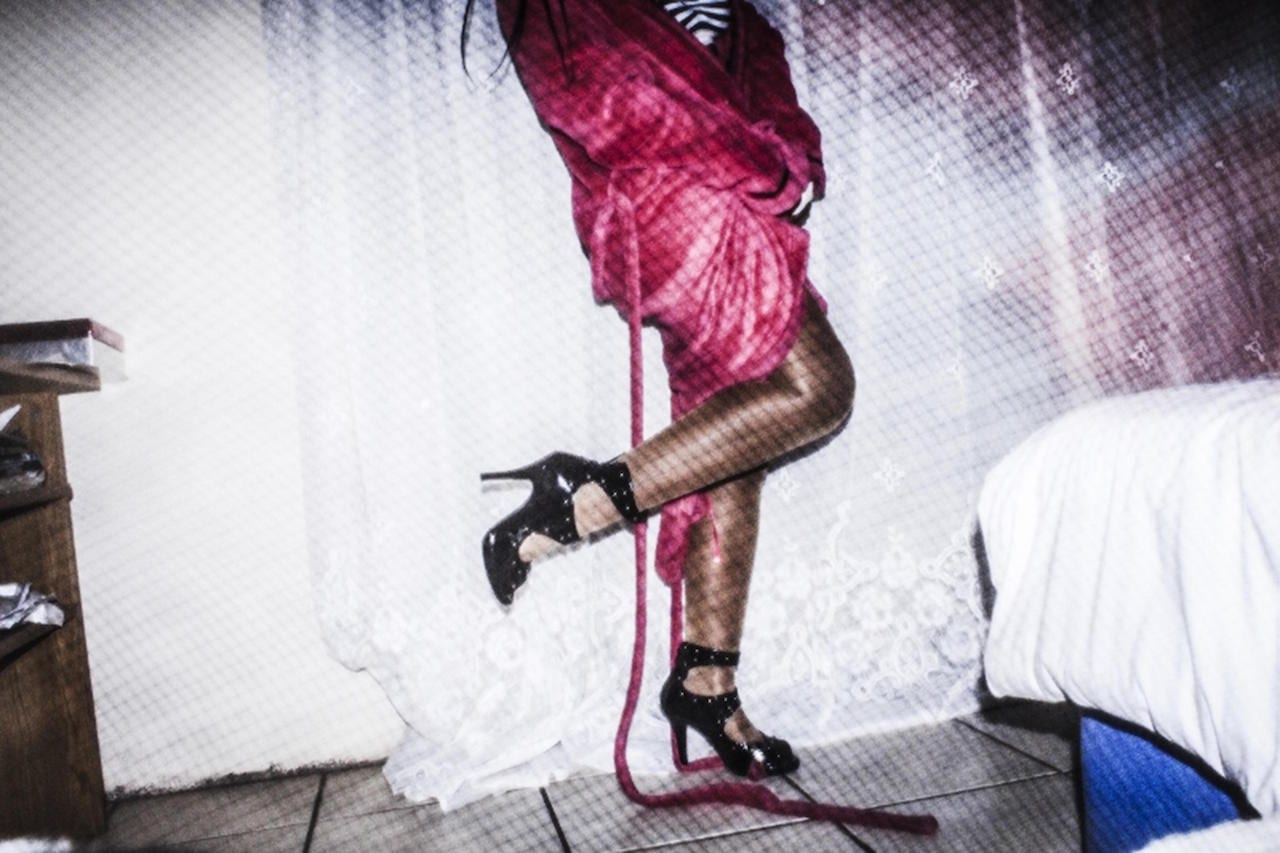
Founded in 2012 by Swiss artist Benjamin Füglister, the CAP Prize aims “to raise the profile of African photography and encourage a rethinking of the image of Africa”. The five winning projects are picked out from a shortlist of 25 projects by an international jury, and shown at major photography festivals around the world.
This year the jury included: Azu Nwagbogu, director, Lagos Photo Festival, Nigeria; Lekgetho James Makola, director, Market Photo Workshop, South Africa; Jeanne Mercier, curator and editor, Afrique in Visu, France; Yumi Goto, curator and director, Reminders Photography Stronghold, Japan; Shahidul Alam, photographer and director, Chobi Mela, Bangladesh; Peter DiCampo, photographer and co-founder of Everyday Africa, USA; and BJP editor Simon Bainbridge.
www.capprize.com Read BJP’s story on the shortlist, which includes images by each of the 25 projects included www.1854.photography/2018/03/capshortlist
